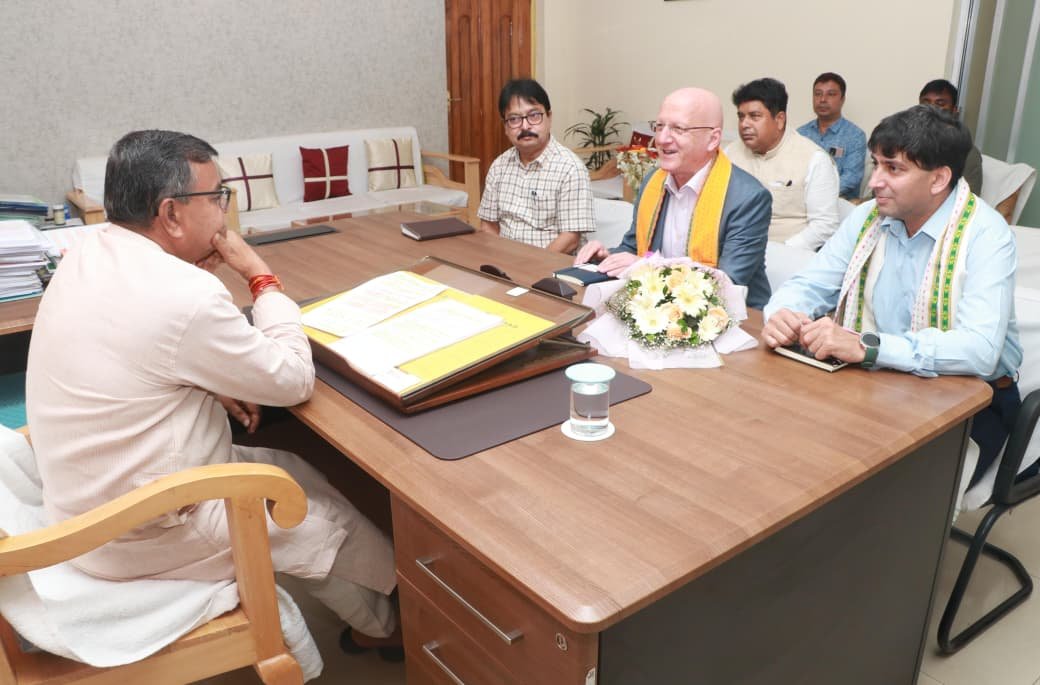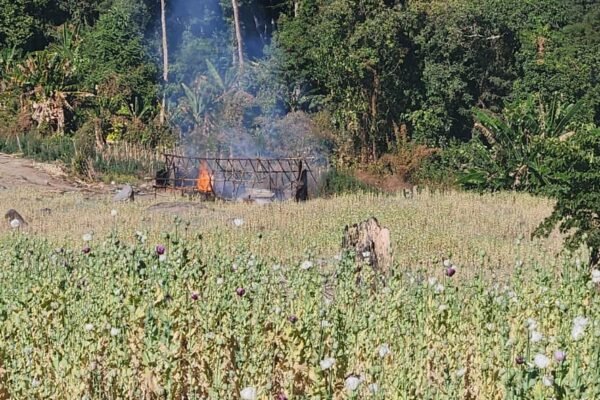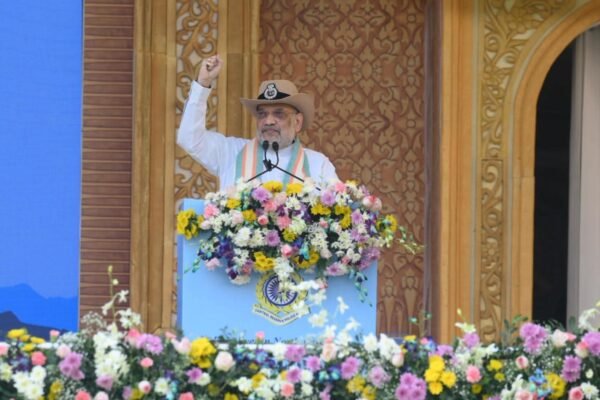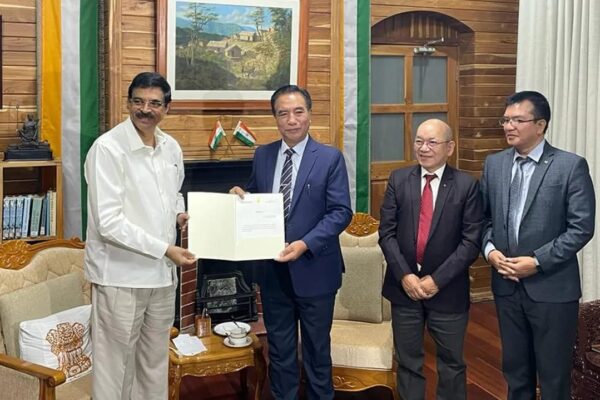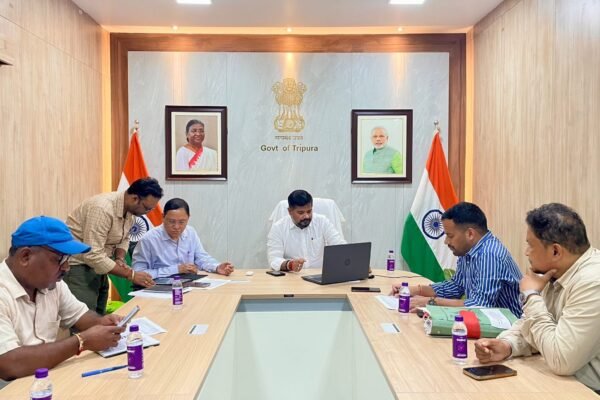Agartala, September 12, 2025: Tripura has taken a major leap in agricultural innovation with the successful implementation of Apical Rooted Cutting (ARC) technology for potato cultivation, under the RKVY 2022–23 scheme. The initiative, launched in collaboration with the International Potato Center (CIP), Lima, Peru, aims to address long-standing challenges in seed quality and productivity.
Speaking to media personnel here at Secretariat in Agartala city on Friday, Agriculture and Farmers Welfare Minister Ratan Lal Nath highlighted the significance of the crop in the state’s agrarian economy. “Potato has secured a special place among Tripura’s major crops. Currently, 23,746 farmers cultivate potatoes across 47,637.5 kani (7,622 hectares) of land, producing approximately 1.46 lakh metric tonnes annually,” he said.
However, Nath acknowledged that Tripura’s average yield—3,065.6 kg per kani (19.16 MT/hectare)—lags behind the national average of 3,632 kg per kani (22.70 MT/hectare). “One of the key reasons for this gap has been the lack of high-quality seed. Farmers often relied on saved seeds from previous harvests or purchased expensive seeds from states like Punjab and West Bengal, which were frequently disease-prone,” he noted.
To combat this issue, Tripura had earlier introduced True Potato Seed (TPS) technology in the late 1980s with CIP’s support. While TPS initially delivered promising yields of up to 4,800 kg per kani (30 MT/hectare), its productivity declined over time.
The ARC technology, introduced under the new project titled Better Seed Production of Potato through Apical Rooted Cutting (ARC) Technology, has opened new horizons. “ARC has not only resolved the seed quality issue but also empowered farmers, enhanced productivity, and strengthened local seed systems,” Nath said. “With global success and robust technical support, ARC is paving the way for sustainable self-reliance in Tripura’s potato farming.”
According to official data, the adoption of ARC technology has increased the state’s average yield to 5,840 kg per kani (36.50 MT/hectare)—a nearly 90% improvement over previous figures.
Farmers have responded enthusiastically. Sajal Bhowmik from South Tripura achieved the highest yield in the state using ARC—10,000 kg per kani (62.50 MT/hectare). Fellow farmers Kamal Debnath and Haradhan Sen followed closely with yields of 9,936 kg and 9,968 kg per kani respectively.
The state has also introduced five new popular potato varieties Kufri Mohan, Kufri Himalini, Kufri Uday, Kufri Lima and Kufri Khar-2 across both the 2023–24 and 2024–25 seasons.
Looking ahead, Tripura aims to achieve complete seed self-sufficiency by 2028–29 and full production self-reliance by 2029–30. “Our continued partnership with CIP is vital. Their expertise in seed technology and sustainable farming will help us improve productivity, ensure seed security, and raise farmer incomes,” said Nath.
Minister Nath also meets Dr. Simon Hech, Director General of the International Potato Research Centre at Secretariat on Friday and he was accompanied by Country Head Dr Niroj Sharma. On Thursday, Dr Hech visited State Horticulture Research Centre at Nagicherra in the outskirts of Agartala city.
